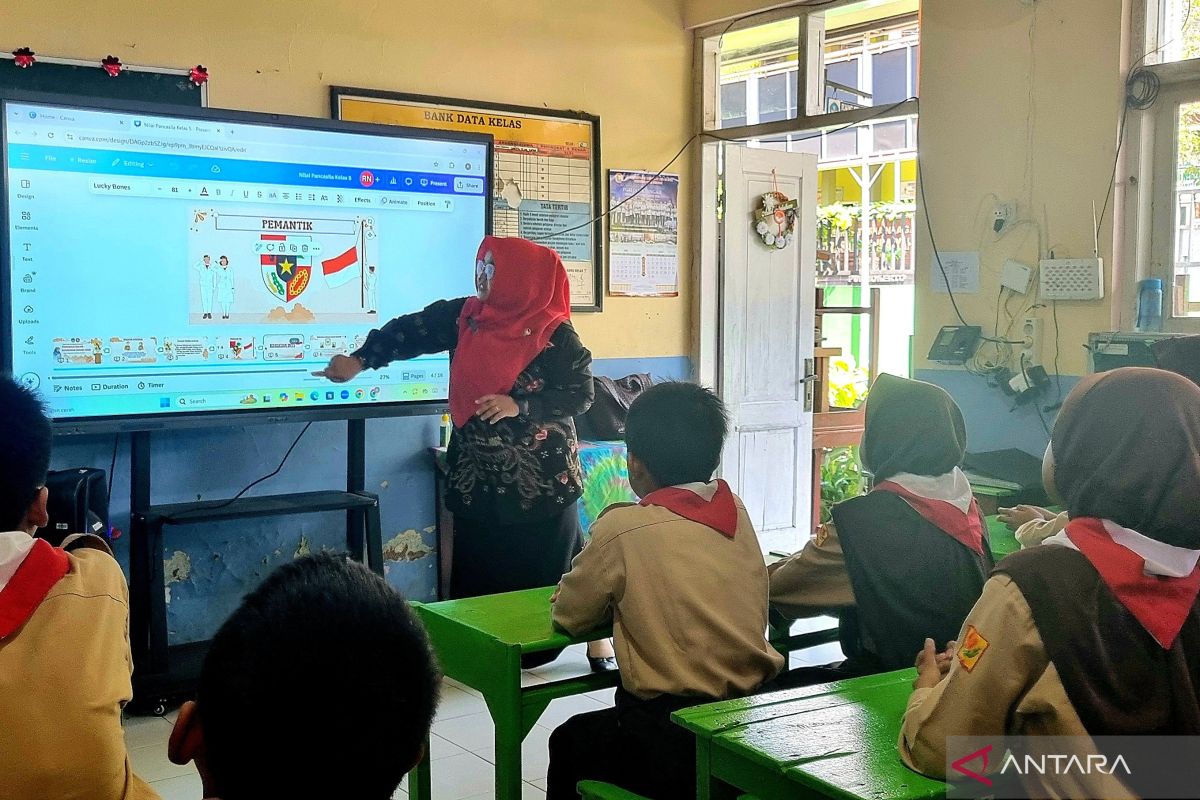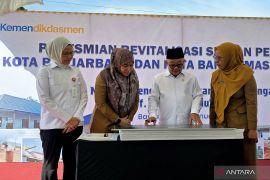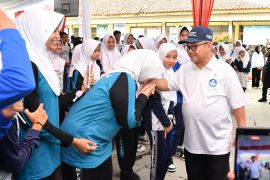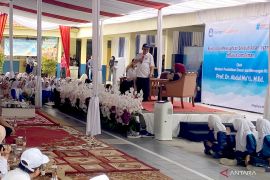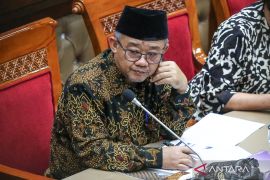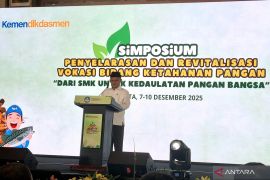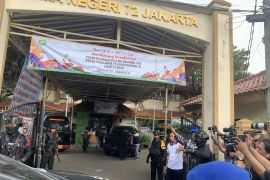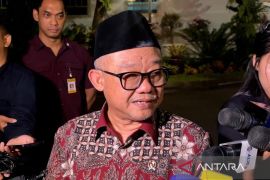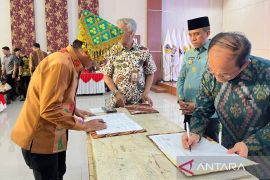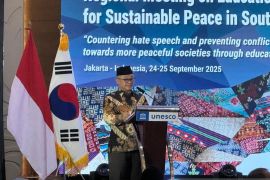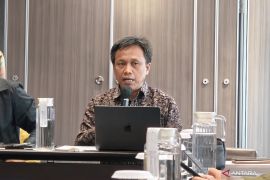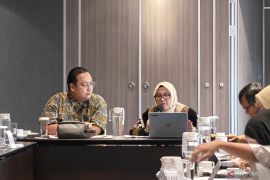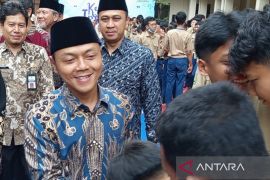Director General of Early Childhood, Primary, and Secondary Education Gogot Suharwoto acknowledged that digitalization is often perceived as a solution only suitable for urban schools.
He emphasized that the ministry is working to dispel this notion by ensuring equitable access nationwide.
“We are committed to distributing these devices equally, including in 3T regions. To support schools without electricity, we are partnering with the state-owned electricity company PT PLN to install solar panels,” Suharwoto said during the Digitalization of Learning podcast in Jakarta on Monday.
For schools lacking internet connectivity, the ministry will provide additional devices to enable access. However, the IFPs are designed to function offline, with interactive content accessible via preloaded external storage.
To support effective implementation, the ministry has developed a multi-tiered teacher training system. This includes in-person sessions, webinars, peer knowledge-sharing, and self-paced modules available on the ministry’s digital platform.
“This approach encourages teachers to adapt quickly and share best practices through school-based learning communities,” Suharwoto noted.
To address public concerns that the device rollout may be merely symbolic, Suharwoto explained that the government has implemented a three-layer verification process: cross-checking with the Basic Education Data (Dapodik), validation by local education offices, and a formal statement of willingness from recipient schools.
“Digitalization is not just about distributing devices—it’s about ensuring equal learning quality across the country. Our guiding principles are inclusivity, adaptability, and participation. Every child deserves equal access to quality education,” he stressed.
Suharwoto described digital learning as a key pillar in achieving educational equity. “Through digitalization, we aim to mitigate learning loss, enhance literacy, and prepare a generation equipped to meet future challenges. Our children must not be left behind in the global technological landscape.”
Earlier, on September 11, President Prabowo Subianto announced the government’s plan to distribute smart digital screens to 330,000 schools nationwide by the end of the year. The initiative marks one of Indonesia’s most ambitious education technology programs to date.
“This technology will enhance the delivery of learning materials—including animated content—and help address teacher shortages in remote areas such as Sumatra, Kalimantan, and Sulawesi,” the President stated.
Related news: Gov't highlighs school committe's role in upholding students' morals
Related news: Indonesia pushes youth to prepare for future careers in green economy
Translator: Resinta Sulistiyandari
Editor: Aditya Eko Sigit Wicaksono
Copyright © ANTARA 2025
